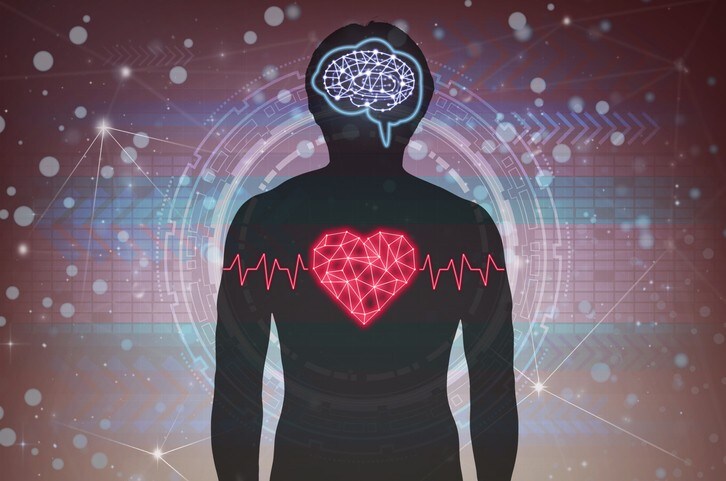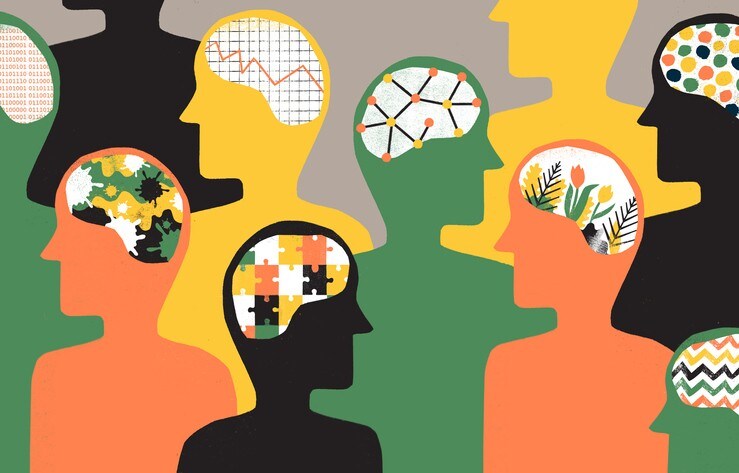
Topic of the Month
What dietary news made headlines in 2019?
13 Dec 2019
Throughout the year, certain nutrition stories surface to grab our attention outside of the traditional news cycle.

13 Dec 2019
Throughout the year, certain nutrition stories surface to grab our attention outside of the traditional news cycle.

13 Dec 2019
Global experts on LC-PUFAs (long-chain polyunsaturated fatty acids) and infant formula provide their position on the need to add at least as much ARA as DHA, in a new paper published in the American Journal of Clinical Nutrition.

21 Nov 2019
Two recent articles that buttress each other hit Michael Roizen, M.D.’s reading stack this past month. These studies reinforce the notion that what is good for your brain, is also good for your heart. Read more about his analysis of these studies.

28 Oct 2019

26 Sep 2019
If you are providing healthcare for a woman who is pregnant, you may get questions about food and nutrition. Pregnancy is an important time for both mom (and baby!) to get good nutrition, but circumstances like food aversions, food cravings, and traveling while pregnant might make getting good nutrition a bit more challenging. The NUTRI-FACTS team sat down with Tori Schmitt, registered dietitian and new mom, to answer popular prenatal nutrition questions.

20 Sep 2019
Nutrition is getting personal! As we uncover new technologies and learn more about our genes, we can work out what is healthiest to put on our plate.

22 Aug 2019
School feeding programs have broader and longer-lasting effects than just giving children a meal. Carefully designed programs can address widespread nutrient deficiencies, support educational outcomes, and encourage school attendance for both boys and girls.

22 Aug 2019
Food systems are major determinants of food quality and choices and, as a result, nutritional status and health. The private sector is the engine that drives food systems, with the food and beverage industry having a disproportional impact on nutrition and health outcomes as the “nutrition transition” in low and middle-income countries (LMICs) has shown, with increased consumption of sugar, fats, refined grains, and highly processed food.

30 Jul 2019
The health of your brain depends on more factors than just your DNA. Brain health is supported by an active body, good nutrition, intellectual stimulation and social engagement. No matter what our age, we can support our brain by focusing on four areas of a brain-healthy lifestyle.

30 Jul 2019
Vitamin K consists of a group of vitamins that support blood clotting, bone metabolism and also help to regulate blood calcium levels. What may not be so obvious about vitamin K is its ability to maintain a person’s mobility.